There have already been plenty of lists about who should be added as DLC to the roster of Marvel Vs. Capcom 3: Fate Of Two Worlds. We all know the odds-on favorites: Frank West. Phoenix Wright. Gambit. Venom. But what about the characters we have next to no chance of seeing—not because they were a licensed character (Tremor), or because they’re a character more associated with Disney than Marvel (Aladdin), or because they’re just too ridiculous (Squirrel Girl)—but simply because they’re too obscure (or just too awesome)?
Below are the ten greatest characters you’ll never see as DLC in Marvel Vs. Capcom 3, ranked not in order of their greatness, but rather by how unlikely it is that they’d ever be considered for inclusion. Though remember, Deadpool was still considered too obscure back when Marvel Vs. Capcom 2 came out in 2000, so you never know what might happen.

First Appearance: Rival Schools: United By Fate
10. Akira Kazama
Akira of Rival Schools is sort of like Capcom’s version of Metroid‘s Samus Aran. Initially passing herself off as a boy while trying to track down her missing brother Daigo—leader of the Gedo High gangs—both her teammates and the player of the game are none the wiser. it’s not until after beating her story mode that her true identity is revealed to all.
While there’s a slim possibility that a few characters from the series might show up as DLC for Marvel Vs. Capcom 3—producer Ryota Niitsuma has said he would’ve liked to include a few characters in the initial line-up, but ultimately decided they were too obscure—there are a few slightly more popular characters who might be more likely to appear before Akira does.

First Appearance: Uncanny X-Men #130
9. Dazzler (aka Alison Blaire)
Shut up, Dazzler is awesome! Ahem. Sorry.
Dazzler began life as Marvel’s attempt to cash in on the disco craze of the late ’70s. Dressed in a silver lamé jumpsuit with high collar and bell bottoms (and sometimes roller skates), she was introduced as a pop singer able to supply her own light show, with her mutant power to convert sound waves into light. Unfortunately, by the time her series finally came out, it was 1981 and disco was dead.
After a costume change and a cancelled series, she briefly became a member of the X-Men, which resulted in her being immortalized in Konami’s X-Men Arcade—where she had the most effective screen-clearing ability of any character in the game.
8. Anyone From Power Stone
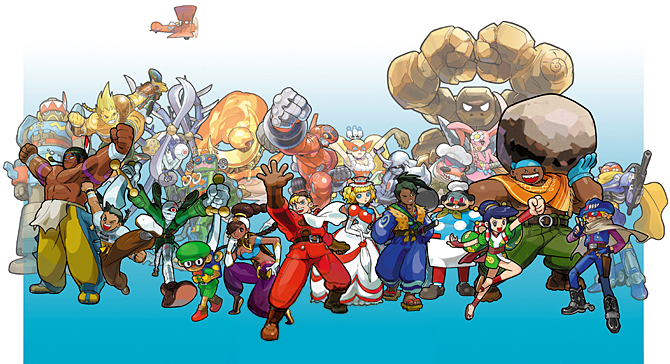
Alright, so, I’m a big advocate for the Power Stone series, especially Power Stone 2. Both games sort of play like a top-down Super Smash Bros., the first Power Stone allowing two players to go at each other, and the sequel doubling it to four. Each of the characters had the ability to transform into a more powerful version of themselves once he or she collected three of the Power Stones that were scattered about each stage, which would translate perfectly into a Level 3 Hyper, much like Arthur or Hsien-Ko’s transformations (granted, Hsien-Ko’s Hyper is more a form of Super Armor, but you get the point).
Power Stone never really had any sort of “main character,” and each of them were so different and interesting that any of the characters from either game would make a great addition to the Marvel Vs. Capcom 3 cast.

First Appearance: Giant-Sized Fantastic Four #4
7. Multiple Man (aka Jamie Madrox)
Originally created by Len Wein (co-creator of Storm and Wolverine), it was during Peter (Shadow Complex) David’s first run on X-Factor that the character was really fleshed out. In Madrox’s first issue as a member of the team, they famously fought a jar of mayonnaise. Granted, it turned out Madrox was the one behind it all, but that’s beside the point. He currently appears in the pages of a rebooted X-Factor, where he’s now the team leader.
Madrox has the ability to create duplicates of himself, making him effectively a one-man army. I can only imagine what crazy sorts of moves the Marvel Vs. Capcom 3 team might dream up that would involve duplicates appearing and disappearing at will.
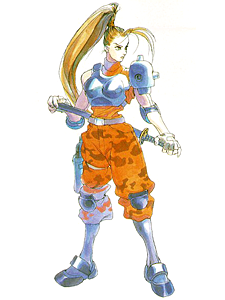
First Appearance: Alien Vs. Predator
6. Lt. Linn Kurosawa
There have been many Alien Vs. Predator games over the last several decades (even before there was ever a movie), but my personal favorite also happens to be one of the more obscure: Capcom’s 1994 Alien Vs. Predator arcade, the original Capcom “Vs.” game. Instead of the usual first-person shooter, this was a side-scrolling beat ’em up that improved on Final Fight.
While technically a licensed game, it also featured two Capcom originals: Maj. D. Schaefer (a guy with an oversized mechanical arm similar to Nathan Spencer), and Lt. Linn Kurosawa. A cyborg with enhanced strength, Kurosawa is a versatile fighter, equally proficient with both guns and swords, plus the ability to unleash a ball of light that knocks enemies to the ground.
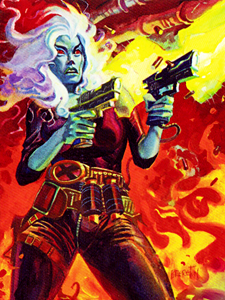
First Appearance: New Mutants #98
5. Copycat (aka Vanessa Carlysle)
Vanessa is an old flame of Deadpool’s, from back in the days before he was involved in the Weapon X project. Her mutant ability is shapeshifting, but unlike Mystique, Vanessa is able to replicate not only the general appearance but also the mutant powers and physical abilities of anyone she meets. Think Shang Tsung; this would be the character for the player who has already managed to master every other character in the game. Or who is merely indecisive.
Granted, she’s currently considered dead in the comics as of this writing, but since when has that ever been a major obstacle for a Marvel character?

First Appearance: P.N.03
4. Vanessa Z. Schneider
Hooold on now. Yeah, I know P.N.03 wasn’t exactly one of the best games Capcom has ever produced (if you’ve even heard of it), but if you’ve ever played the game (and if you’ve haven’t, it’s currently $3 at GameStop) you have to admit Vanessa’s got some moves.
While she’s mostly a failed attempt at creating another Samus, Vanessa’s a calm, collected bounty hunter who moves like a ninja and never stops bobbing her head to the game’s music. Vanessa would translate well into a 2D fighter mostly because of the way her animations flow during combat in the game, and the fact that many of her special moves ruse fighting game style button combinations already.
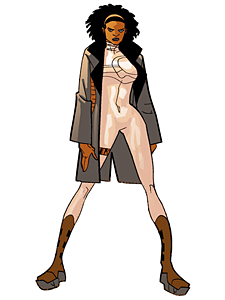
First Appearance: Amazing Spider-Man Annual #16
3. Monica Rambeau
Monica is the leader of a group of cynical superheroes called Nextwave (“healing America by beating people up”), written by Warren (Dead Space, Red) Ellis. But her story goes a bit further back than that.
She first made her debut in 1982, designed to be a Captain Marvel for a new age after the previous one was killed off in The Death Of Captain Marvel. She joined the Avengers, working her way up and eventually becoming leader (Captain America had stepped down some time back). This was pretty progressive for comics at the time, a black woman representing Marvel and leading the company’s (theoretically) most iconic super-team.
Unfortunately, it wouldn’t last long. After only a year as leader, the editor of the book thought it might help sales of Captain America returned as leader of the team. Writer Roger Stern was concerned that having this happen so abruptly might send the wrong message (move over black woman, white guy has returned!)—by some accounts, it was even suggested to him that he have Captain Marvel step down after she makes a mistake that reveals her to not be a competent enough leader—and when Stern sent a memo off raising these concerns, the response he received in return was that he was fired.
Not long after, a story appeared where Captain Marvel made a mistake in battle that left her near death and completely de-powered, requiring her to have to step down as leader. So you can forgive her if she seems a little jaded about being a comic book superhero. She did eventually regain her powers, but has long since given up the codename (when another white guy requested it, naturally). But then, do you really need a codename when your last name is pronounced “Rambo”?

First Appearance: Killer7
2. Killer7
Alright, so this game has been out for six years now, but just in case, there be SPOILERS ahead.
Killer7 is arguably Suda51’s magnum opus, a first-person rail shooter/survival horror/adventure game thing that is just as confusing to play as it is to explain. The main cast consists of seven characters that are revealed to all be parts of the psyche of one very old man. Each of the seven personalities are very interesting and different from one another, however, none of them would be great as an individual character. It would be best to have all seven personalities, each of them popping in and out for single attacks, with Harman acting as the “body”, of sorts. Sort of like how Pokemon Trainer works in Super Smash Bros. Brawl, or Naruto from Jump Ultimate.
This would probably be incredibly hard to do, not only from a gameplay standpoint (obviously), but the fact that eight different models (Harman and the Killer7, and possibly even the 8th member revealed after beating the game) would have to be created for one character pretty much guarantees that the Killer7 will never make it in.
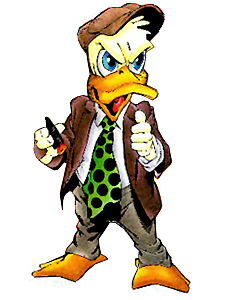
First Appearance: Adventure Into Fear #19
1. Howard The Duck
Howard The Duck is a troublesome, unruly character who seems to have a mind of his own. Originally created in the ’70s, he has since developed a habit of showing up in stories completely unannounced, often to the surprise of even the writers themselves.
This phenomenon first began in a mid-’90s, in the page of an X-Men spin-off called Generation X. Scott Lobdell had written two characters hitchhiking at the end of an issue, the last page showing a truck stopping for them. Only, when he got the pages back, the driver ended up being Howard The Duck. Howard stuck around for the next few issues, before eventually wandering off.
Similarly, when current Avengers writer Brian Bendis was asked about numerous appearances the character had made in his stories, he responded, “that character has shown up in six issues I’ve done, and I’ve never typed the words Howard the Duck.”
But don’t disrespect the Duck. When an awful film based on Howard was produced in 1986, the result wasn’t merely a flop; it was a movie that destroyed careers. Willard Huyck never directed again. Universal Studios head Frank Price resigned. Producer George Lucas, in order to make up for the financial loss, sold off his CGI animation division to Steve Jobs, who eventually transformed it into a company called Pixar.
Ultimately, the decision for Howard to appear in Marvel Vs. Capcom 3 might not be up to Marvel or Capcom at all; it’s a question of whether or not he decides to join the party.

First Appearance: Little Nemo In Slumberland
Bonus: Little Nemo
While not an original Capcom creation—the 1989 NES game Little Nemo: The Dream Master and 1990 arcade game Nemo were licensed games loosely based on the movie adaptation Little Nemo: Adventures In Slumberland—Little Nemo has since fallen into the public domain, making his inclusion as a DLC character not entirely outside the realm of possibility.
Little Nemo is a comic strip character who made his debut in Winsor McKay’s Little Nemo In Slumberland way back in 1905. McKay was possibly the greatest comic artist of his time. Often utilizing complex and experimental panel layouts, he was like the Bill Watterson of the early 1900s (wait—we do all still know who Watterson is, right? Suddenly I feel old…). The incredible and surreal visuals he dreamed up for Little Nemo In Slumberland are at times so trippy, you’d be forgiven for wondering if he’d discovered LSD three decades before it was invented. It certainly didn’t help that the writing was nowhere near the same quality as the art.
An average young boy might not seem like a character who could hold his own against superhuman fighters, but it wouldn’t be right to not include his iconic sometimes-flying, sometimes-walking bed. The legs of his bed have the ability to stretch quite a ways, similar to Dhalsim, which opens up all sorts of possibilities.


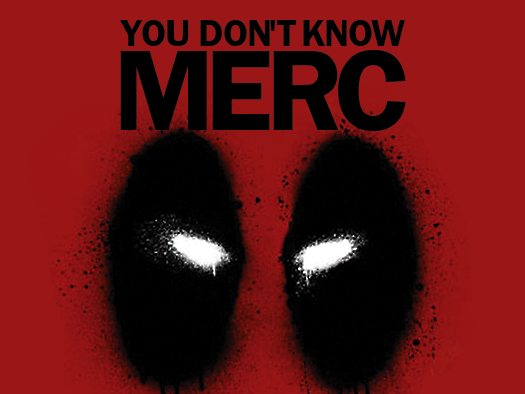
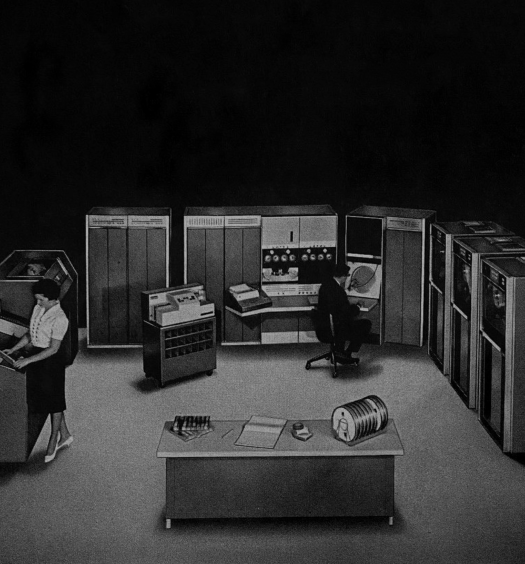









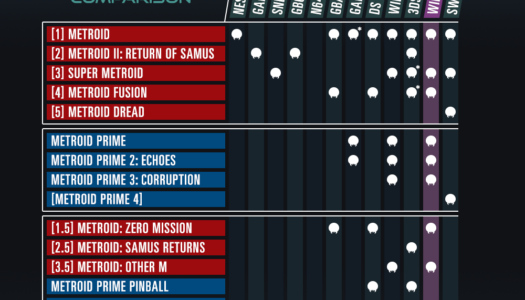
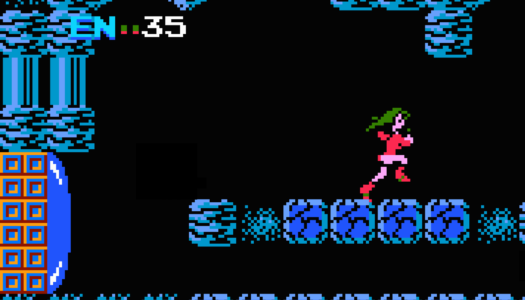
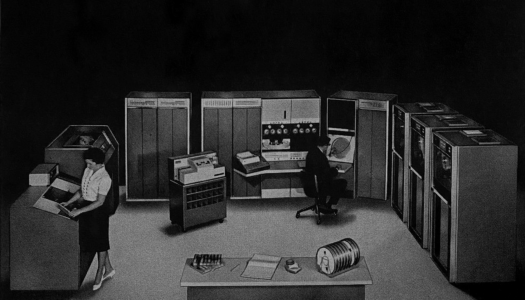
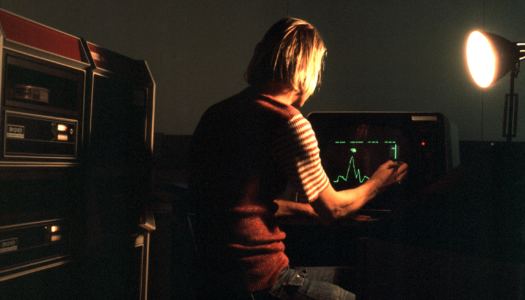
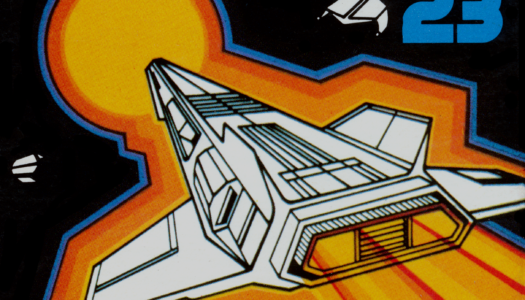

March 20, 2011
exactly you wouldn’t see them because Capcom just like to copy and paste characters from old game to an Expansion Pack game, and they call the expansion pack New game/sequel.
why the hell would i want to play with recycled characters from MVC 2!???
March 21, 2011
I know man. Copying She-Hulk, MODOK, Taskmaster, X-23, Deadpool, Chris, Wesker, mind-controlled Jill, Dante, Trish, Dormammu, Phoenix, Spencer, and Super-Skrull from all those other fighting games they’ve been in is BS.
And those other characters? Why put popular characters that sell games in MVC3? Give us mostly characters from games that bombed or that hardly anyone’s heard of.
Xino should be CEO of Capcom. His revolutionary ideas of mostly revamped games being expansion packs, not sequels is just what the company needs to appeal to that 12-year-old internet commenter demographic they’re clearly marketing towards.
March 22, 2011
10) More into Tiffany. Would still rock.
09)Not in favor, not against
8) Yes!
7) What would he even play like?
6) I concur. Vigorously.
5) Not too much into ditto fighters.
4)Well, it’s like we see eye to eye on the Capcom guys
3) But what about Machine Man? Well…what about Misty Knight?
2)I dunno. One of them’s costume is a blood soaked dress. They probably want to keep it T.
1) I have heard mention of him, but never of his abilities.
So yes, I would happily… What? This is a list of characters who probably won’t be? Then why are so many characters I want here? NoooOOOOOoooOOOOOOOOah!
March 22, 2011
Tell him like it is ICG, it’s retarded people like comment number one that think it is okay to just have obscure and irrelevant characters in games. No one on that list besides power stone characters are important enough to be in the roster. I don’t mind two or three of them.
Heck I don’t mind throwbacks or nods to older series in general but too much obscurity is lame. More people will want to use mainstream and or popular characters more than almost anyone on this list. You know why, because they are popular.
While i know it upsets those in the minority, like the maker of this list list, i am glad that they got a large group of new characters in this one and not just rehashed all the old ones.
PS. Howard the duck is a stupid idea for a character no matter how well made his comics are. (always wished he was human, you know Dick Tracy style). I know one character i won’t buy if he made it to DLC.